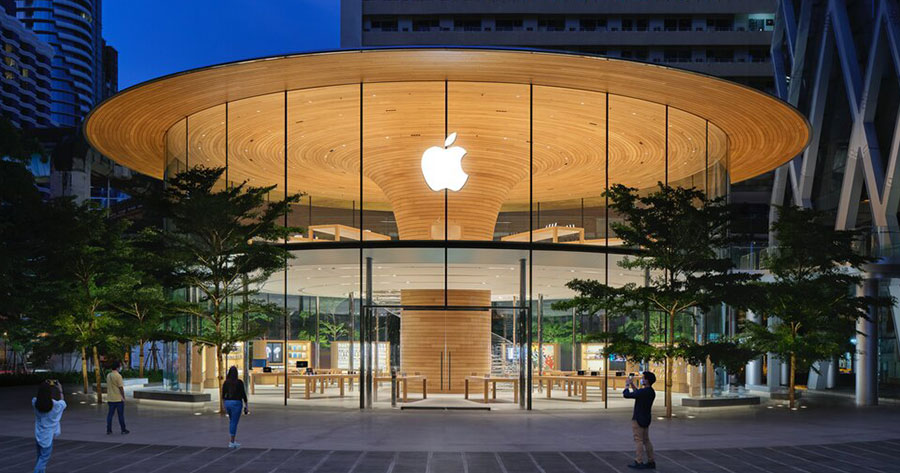Apple has presented a $10 million investment plan to Indonesia’s Ministry of Industry, aiming to use it as a bargaining chip against a ban that prevents the sale of the iPhone 16 in the largest economy of Southeast Asia.
This ban is part of an effort by Indonesian President Prabowo Subianto and his administration to pressure foreign companies to increase local manufacturing and protect domestic industries, which have seen their share of GDP falling from 21.1 percent in 2014 to 18.7 percent last year.
Furthermore, the ministry has determined that Apple has failed to meet the requirement to use at least 40% domestically produced parts or materials for its smartphones and tablets, leading to a ban last month.
According to the Indonesian government, Apple has invested just 1.5 trillion rupiah in the country through its developer academy, falling short of its target of 1.7 trillion rupiah.
To address this issue, Apple proposes investing in a factory in Bandung, which would allow it to produce accessories and components for Apple gadgets. This plan requires approximately $10 million, a cost Apple considers small in exchange for access to Indonesia’s 278 million consumers.
Neither Apple nor the Ministry of Industry has commented on the investment plan.
Although Prabowo’s policy, similar to that of former President Joko Widodo, may benefit Indonesia’s economy, it is still considered a risky move, as it could deter foreign companies from investing in the nation, potentially undermining Prabowo’s aim of attracting overseas investments to grow the economy and fund policy spending.
Nevertheless, this is not the first time Indonesia has pressured foreign companies. Earlier this year, the country banned the import of thousands of products, ranging from MacBooks to tires and chemicals, which led LG Electronics to be barred from importing essential parts to manufacture its washing machines and televisions.
Another case also occurred last year when TikTok’s Chinese parent, ByteDance, also had to invest $1.5 billion in a partnership with Tokopedia, Indonesia’s major online shopping platform, to continue its operations in the country.





